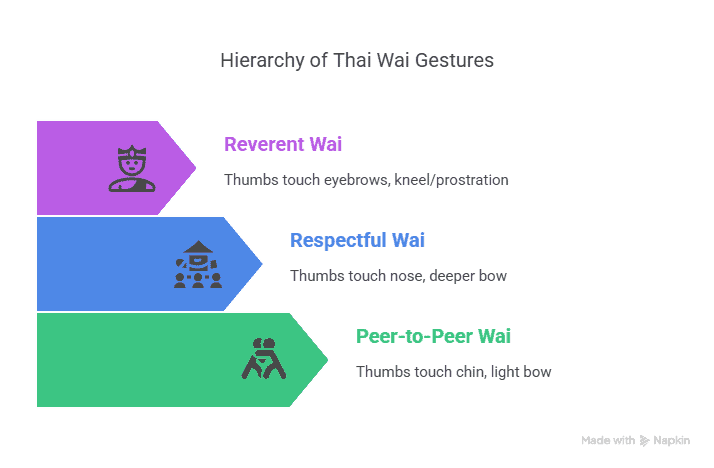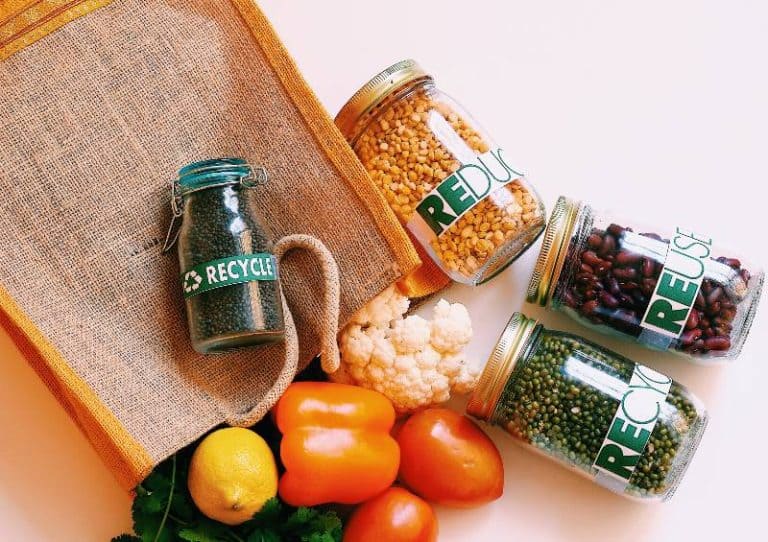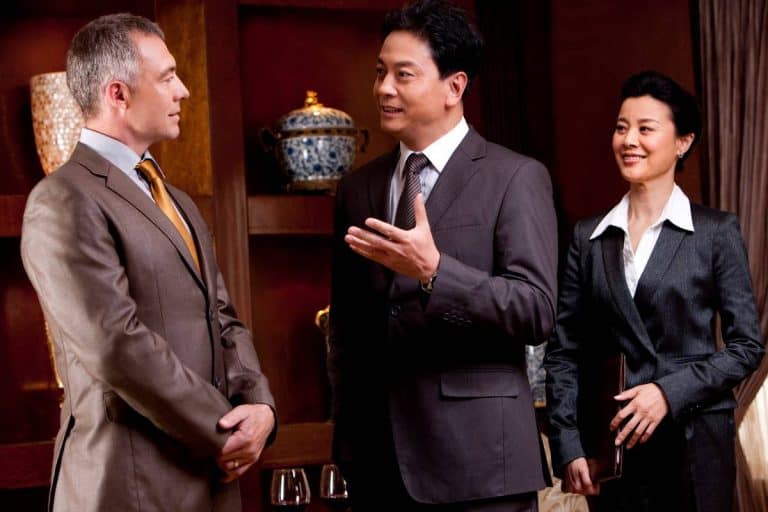Thai Wai Timing Anxiety: Complex Greeting Culture In Thailand
After 35 years in the United States and now several years living in Thailand, I’ve experienced my fair share of cultural learning curves. But nothing quite prepared me for the anxiety-inducing moments of the Thai wai. That split-second when you meet someone new and your brain frantically calculates: Should I wai? How high should my hands be? Who goes first? Am I about to embarrass myself spectacularly?
If you’ve felt that familiar knot in your stomach when approaching a Thai greeting situation, you’re not alone. Thai wai timing anxiety is real, and it affects virtually every expat who’s serious about respecting local culture.
Key Takeaways
- The wai involves split-second calculations about social status, age, and appropriate greeting levels that can trigger anxiety for foreigners
- Understanding the three main wai positions and when not to wai (children, service workers) eliminates most awkward moments
- Thai people appreciate genuine effort over perfect execution, making cultural respect more important than flawless technique
The Mental Mathematics of Meeting Someone
The wai isn’t just a simple greeting—it’s a complex social algorithm that Thais learn from childhood. As soon as Thai children can put their hands together they are taught the importance of this traditional Thai gesture. For us foreigners, we’re trying to decode years of cultural programming in milliseconds.
Here’s what goes through your mind in those crucial first moments:
Age Assessment: Is this person older than me? How much older? The general rule is that the person of lower status offers the Wai, but determining status involves more than just age.
Social Status Calculation: Are they in a service role? A teacher? Government official? The position of your hands is indicative of the level of respect within the classic Thai greeting. Your fingertips might touch your chin for peers, your nose for elders, or your forehead for monks and royalty.
The Who-Goes-First Dilemma: This is where the anxiety peaks. If you’re of a lesser social stature than the person you’re meeting, refrain from initiating the wai, let them lead. But how do you determine your social stature in a culture you’re still learning?
When Wai Timing Goes Wrong
I’ll be honest—I’ve had my share of wai disasters. The awkward moment when you initiate a wai with someone younger, and they look confused. The time I enthusiastically wai’d a hotel bellhop who seemed more embarrassed than appreciative. To children and service personnel, one does not return the Wai, but answers only with an easy nodding of the head.
These moments create a feedback loop of anxiety. You become so worried about making mistakes that you freeze up entirely or overthink every interaction. I’ve watched fellow expats avoid social situations altogether rather than risk another awkward greeting exchange.
The most common wai anxiety triggers include:
Service Industry Interactions: That moment when a waitress wais you and you’re unsure whether to return it. To Service Workers: Wai is typically not returned to service workers such as waitstaff, street vendors, or taxi drivers. As these are considered informal interactions, a simple thank you or smile suffices.
Hands-Full Situations: I can’t tell you how many times I’ve been walking with my hands full when someone Wai’s me—needless to say, the first few times I looked rather silly, and felt incredibly awkward. A simple nod and smile work perfectly in these situations.
Mixed Age Groups: Walking into a room with multiple people of different ages and social positions creates a greeting nightmare scenario. Who do you wai first? How do you handle the hierarchy?
Understanding the Three Levels of Wai
The key to reducing wai anxiety is understanding that there are really only three main positions you need to master:

Peer-to-Peer Wai: Thumbs touch the chin, fingertips below the nose, a light bow—great for friends or children. This is your safe default position for most social equals.
Respectful Wai: Thumbs touch the nose, fingertips at the eyebrows, a deeper bow—for parents or mentors. Use this for clearly older individuals or those in respected positions.
Reverent Wai: Thumbs touch the eyebrows, often with a kneel or prostration—sacred and special. Reserved for monks, royalty, or religious contexts.
Cultural Context: Why the Wai Matters So Much
Understanding why the wai creates such anxiety helps manage it. Thai culture and etiquette in Thailand is strongly hierarchical. Respect must be given to those of higher social status, and to elders. This hierarchical structure is fundamental to Thai social harmony.
The Thai Wai can be traced back to ancient times when Thailand was known as the Kingdom of Siam. During this period, the Thai people practiced a hierarchical social structure, with a strong emphasis on respect for elders and those in positions of authority.
This deep cultural significance means that getting it wrong feels like more than just a greeting mistake—it feels like a fundamental misunderstanding of Thai values. But here’s the reassuring truth: we don’t expect you to wai, but if you do, your willingness to learn, understand and follow our culture will be greatly appreciated.
Practical Strategies for Managing Wai Anxiety
The Observation Strategy: When entering new social situations, hang back for a moment and observe how others are greeting each other. This gives you valuable context about the social dynamics at play.

The Safe Default Approach: The safe option is to adopt what is known as the versatile Wai—whereby your fingertips go just below your chin (much like a person praying). This works for most situations without causing offense.
Read the Room: Pay attention to dress, setting, and behavior cues. Business settings, temples, and formal occasions have different wai expectations than casual social gatherings.
When in Doubt, Smile: If you’re not sure a smile will almost always get you by. Thai people value genuine warmth over perfect technique.
The Service Industry Exception
One of the biggest sources of wai anxiety comes from interactions with service workers. Here’s the simple rule: It is custom not to wai to children, even if you are greeted with the cutest wai from them. Instead, you can give a quick nod of the head, a warm smile or simply pull your hands up to the starting position and then drop them without moving the fingers up towards the face as a sign of acceptance. This is also the case when dealing with anyone in the service industry, in restaurants, spas, security on shopping centre doors, and taxi drivers, regardless of their age.
This knowledge alone eliminates almost all of the daily wai anxiety situations. You don’t need to wai your hotel receptionist, restaurant server, or taxi driver. A smile and “thank you” (khob khun) is perfectly appropriate and preferred.
Building Confidence Through Cultural Understanding
The more I understood the cultural reasoning behind wai etiquette, the less anxious I became. The Thai Wai can be understood spiritually as demonstrating the following: Respect and Humility: By performing the wai, individuals demonstrate respect and humility towards each other.
Realizing that the wai is fundamentally about showing respect and acknowledging the Buddha nature in others transformed my approach. It’s not about perfect execution—it’s about genuine intention.
Practice in Low-Stakes Situations: Start with situations where mistakes are less consequential. Practice with expat friends or in casual social settings before tackling formal business meetings.
Learn from Mistakes: Don’t panic, the Thai’s are a very patient and understanding people. Again, just as long as you make an effort, you’ll be received with a smile. Every wai mistake is actually a learning opportunity, not a social disaster.
Modern Wai Realities
It’s worth noting that modern Thailand is evolving. Thai people, particularly the younger generation, know it is not the way foreigners do things so don’t be offended if you don’t receive a wai. In some instances a handshake or a smile may be offered in place of the wai.
This evolution reduces pressure on foreigners while still maintaining cultural respect. Many young Thais are comfortable with handshakes or casual greetings, especially in international business contexts.
Regional and Situational Variations
Different regions and situations in Thailand have varying wai expectations. It’s also important to note that there may be regional differences in regard to the use of the Wai; for example, some areas may not practice it. Urban Bangkok has different norms than rural Isaan or southern Thailand.
Business contexts also create their own wai culture. International companies may blend Western and Thai greeting styles, while traditional Thai businesses maintain more formal wai protocols.
Overcoming Perfectionist Paralysis
The biggest trap in managing wai anxiety is perfectionist thinking. You don’t need to execute perfect wais to show respect and integrate into Thai culture. Thai people adore when non-Thai try—unsure? Wai with a nod, and you’ll get a smile back. In Thailand, respect outweighs precision.
This mindset shift is liberating. Focus on showing genuine respect rather than technical perfection. Thais recognize and appreciate the effort, even when the execution isn’t flawless.
Building Social Confidence
As your wai confidence grows, you’ll notice something remarkable: social interactions become more natural and warm. The Thai wai embodies the spirit of Metta (loving-kindness), which is a fundamental aspect of Buddhist teachings. It represents a genuine wish for the well-being and happiness of others.
When you approach the wai with this spirit of loving-kindness rather than anxious rule-following, both you and the people you meet feel the difference.
Frequently Asked Questions
Should I wai everyone I meet in Thailand?
What if I wai someone inappropriately?
How do I know someone’s social status for wai purposes?
Is it rude not to return a wai?
Can I practice wai technique to reduce anxiety?
Conclusion
Thai wai timing anxiety is a normal part of the cultural adaptation process. Those split-second social calculations become less daunting as you build cultural understanding and confidence. Remember, a Farang should never greet first with a Wai. If the other one makes the Wai first, then one can answer him in the same manner, either with a somewhat weaker Wai, or nodding friendly with the head. Both is correct and is understood as polite gesture.
Your journey in understanding Thai culture doesn’t require perfection—it requires respect, observation, and genuine effort. The wai anxiety that feels overwhelming today will become second nature with time and practice.
Ready to build your confidence in Thai culture? Contact us today as we share practical insights for expats navigating life in Thailand. From greeting etiquette to business culture, we’re here to help you thrive in your new home.





